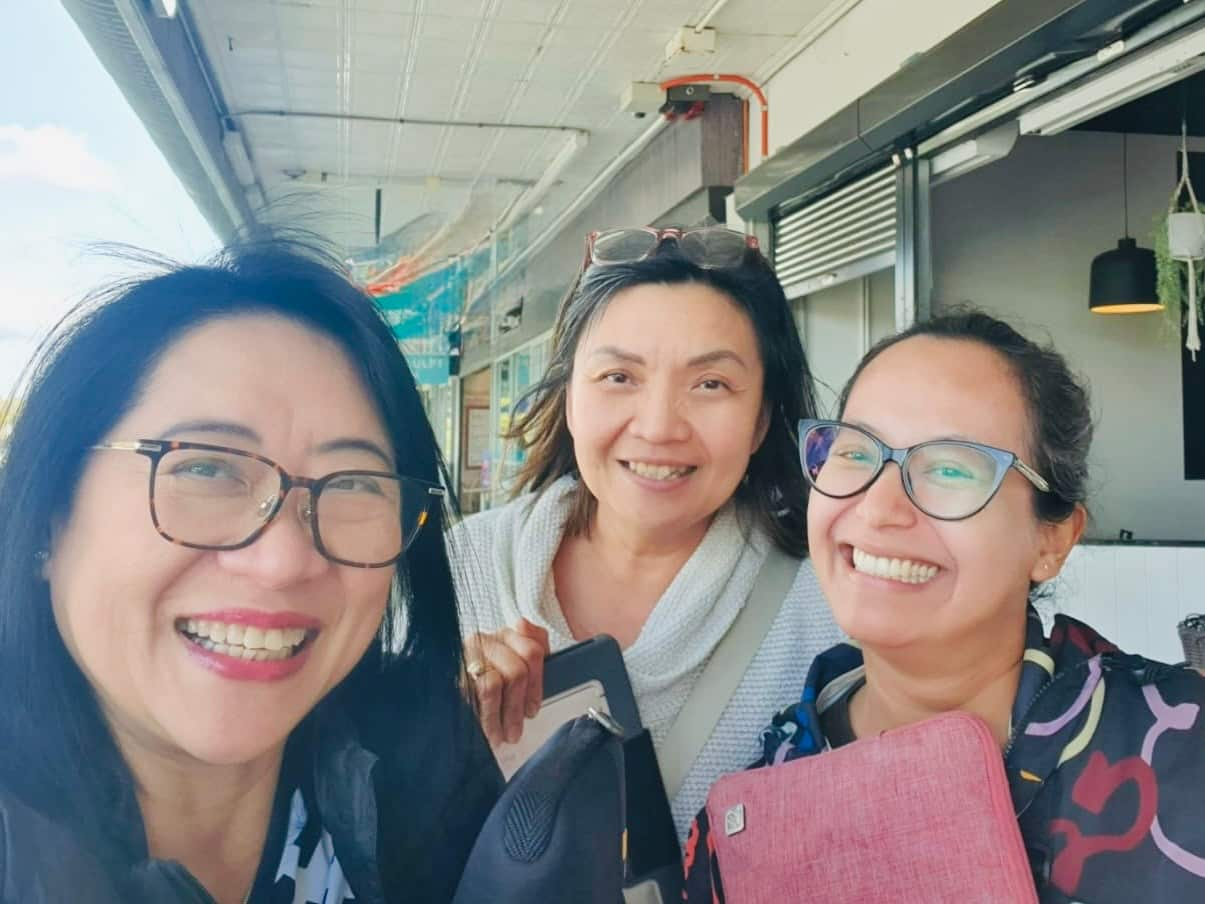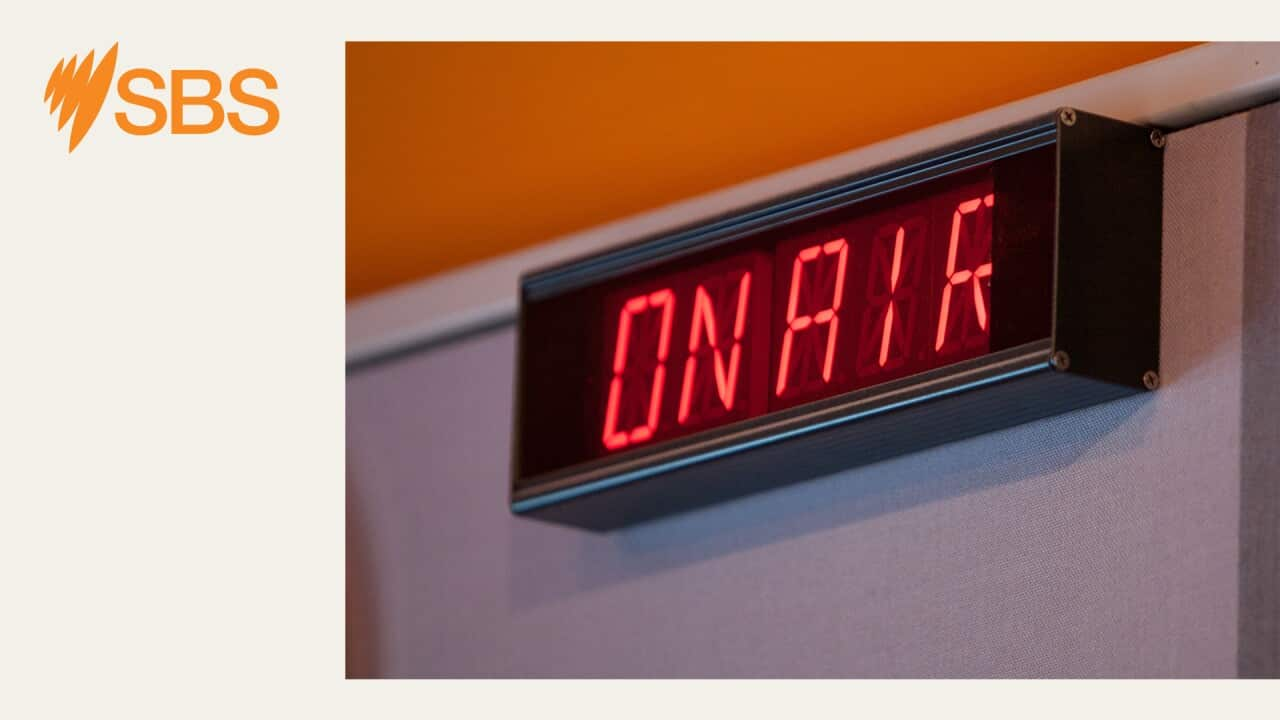Positive Partnerships is a national project funded by the Australian federal government that routinely delivers autism-related learning for schools and general communities.
The project, which began in 2008, also provides resources in languages other than English to better serve communities with Culturally and Linguistically Diverse (CALD) backgrounds.
Last October, this workshop was organised for the Indonesian speaking community for the first time and was held in Western Australia. The topic presented was about sensory proccessing. They will again hold workshops in Indonesian language with different themes this year.

Positive Partnerships' Indonesian delivery team (L-R: Josephine Ratna, Fenny Hadiwinata, Emilita Cornain). Credit: Supplied
“They [participants] can come out of the workshop with a strategy and have a bit of an idea of 'ok, now we have to go where and how',” said Emilita Cornain, a Perth-based psychologist who is also a member of Positive Partnerships' delivery team.
Not only is she professionally associated, Cornain also has a personal connection with autism. Her youngest sister was diagnosed with autism more than 20 years ago while her family was still living in Indonesia.
Cornain said that even now there are myths surrounding autism such as the condition being referred to as a curse, karma, bad luck, to due the wrong things the mother does while pregnant.
They're different but they're not less. They still deserve to have a good, productive life.Fenny Hadiwinata, mother of an autistic child
Another member of the delivery team, Fenny Hadiwinata, is a mother whose child was diagnosed as being on the autism spectrum when the family first came to Australia more than 17 years ago. She admitted having a difficult time especially with her Indonesian background where it was not customary to talk openly about autism.
“For school-age or pre-school children, sometimes it's not that easy for us to be sure that they're autistic or not,” said Hadiwinata, who continues to learn about autism because it's not a “disease so it has to be cured.”
Cornain and Hadiwinata said that the workshop they conducted with Positive Partnerships was delivered in a non-patronising way, and could be a place to share the burden and tips with “those on the same boat”.
Listen to SBS Indonesian's full conversation with Fenny Hadiwinata and Emilita Cornain.






